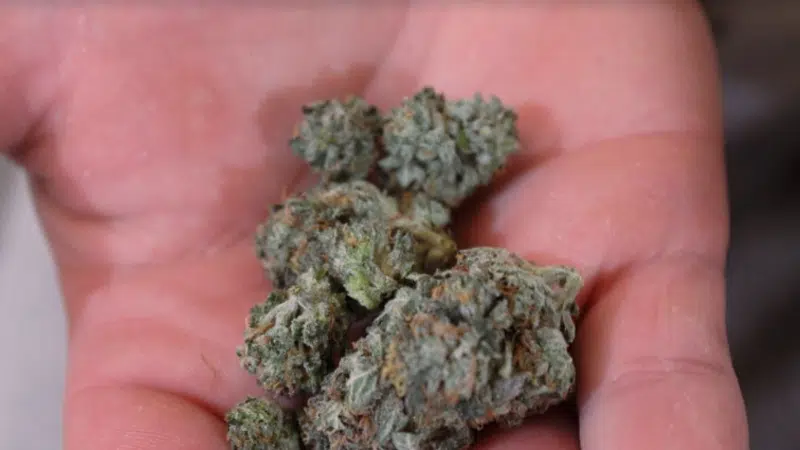
What retail cannabis in Kamloops looks like one year after legalization
KAMLOOPS — It’s been one year since cannabis became legalized throughout Canada, and the first legal government store opened in Kamloops.
The last 365 days have brought many changes to the financial expectations of the cannabis industry, and a backlog of approval paperwork to sift through.
Today, the retail side of the industry expanded, as edible cannabis products were legalized. However, the cannabis industry still has some growing pains to sort out in British Columbia.


